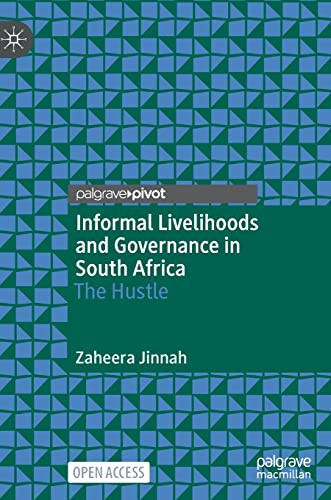

Most ebook files are in PDF format, so you can easily read them using various software such as Foxit Reader or directly on the Google Chrome browser.
Some ebook files are released by publishers in other formats such as .awz, .mobi, .epub, .fb2, etc. You may need to install specific software to read these formats on mobile/PC, such as Calibre.
Please read the tutorial at this link: https://ebookbell.com/faq
We offer FREE conversion to the popular formats you request; however, this may take some time. Therefore, right after payment, please email us, and we will try to provide the service as quickly as possible.
For some exceptional file formats or broken links (if any), please refrain from opening any disputes. Instead, email us first, and we will try to assist within a maximum of 6 hours.
EbookBell Team

0.0
0 reviewsThis open access book offers a compelling account of everyday life, livelihoods, and governance in post-apartheid South Africa among the urban poor and marginalized, anchored in and through a critique of the concept of informality, or living outside of the state, its laws, services, and protection. Using a case study of the Zama Zama, loosely translated from the isiZulu as ‘to hustle, or to strive’ and colloquially used to refer to those working as informal artisanal miners on Johannesburg’s numerous disused and abandoned gold mines, the book documents an ethnography of this community’s everyday lives, struggles, and hopes. It provides an intimate account of a community, its social relations, and its political relationship to the state. The narratives of the Zama Zama are used to raise broader questions about precarity, belonging, and governance in post-apartheid South Africa, and suggest that pervasive informality could risk the country's democratic order.